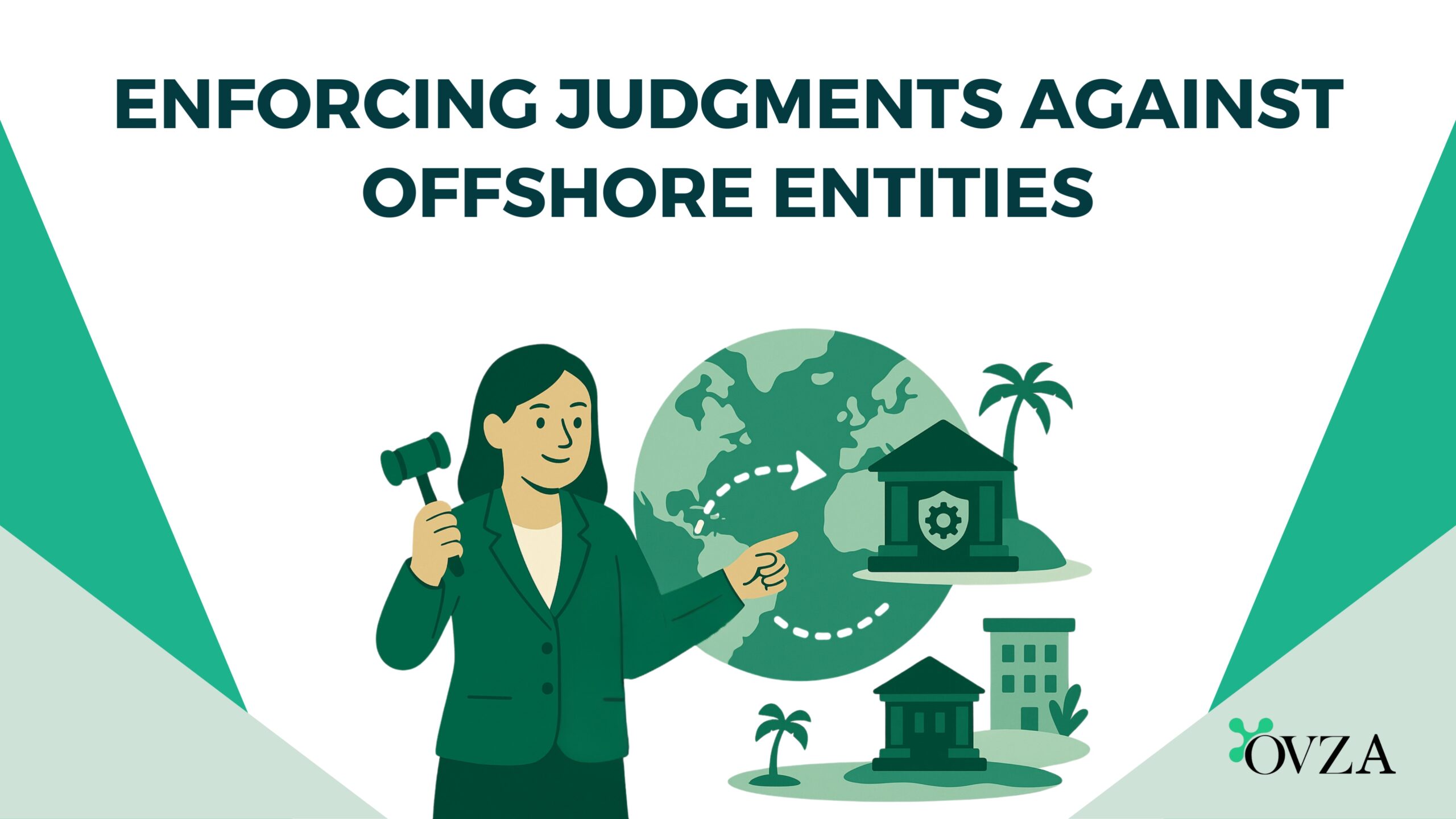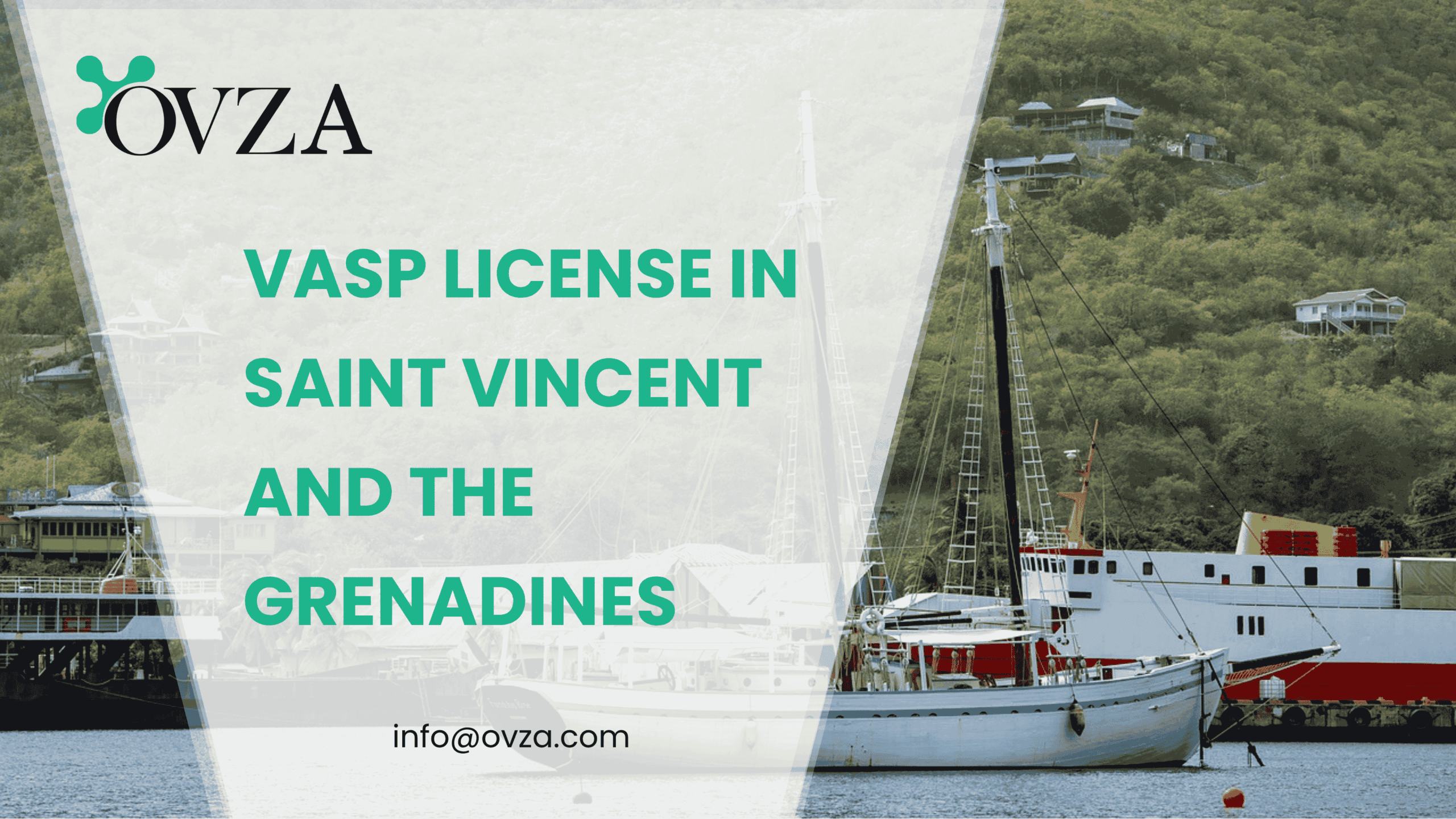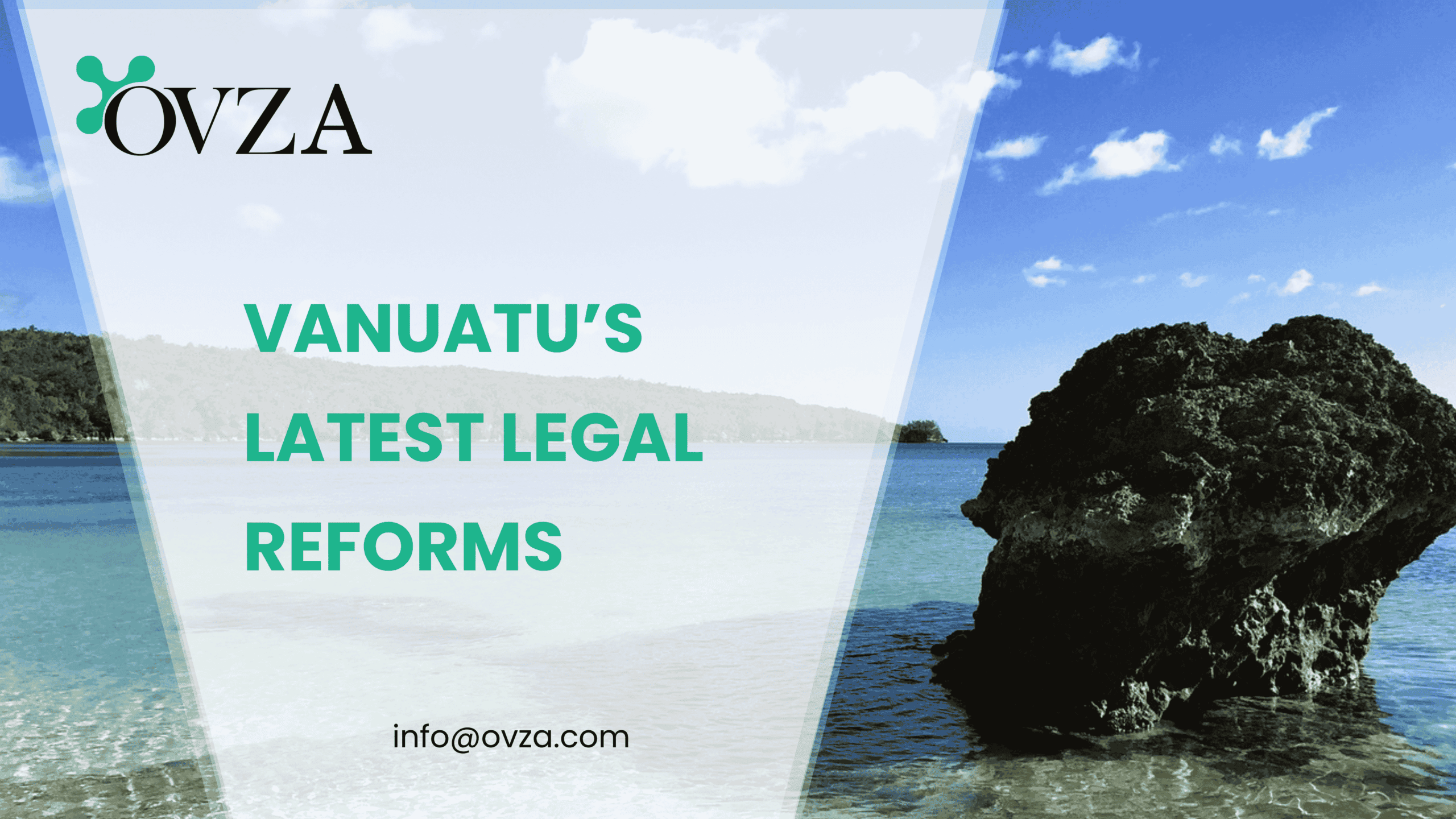Cross-border enforcement of judgements against offshore Entities presents a unique intersection of international law, procedural complexity, and jurisdictional scrutiny. As offshore structures continue to play an important role in global finance, asset protection, and corporate planning, the need to navigate the enforcement landscape has become increasingly critical. Successful recovery efforts depend on a thorough understanding of how judgments are recognized and enforced across multiple legal systems, each with its own requirements and limitations.
This article examines the fundamental legal principles, common barriers, and strategic considerations involved in the enforcement of judgments offshore. Whether dealing with a Seychelles IBC, a BVI company, or a Cayman trust structure, creditors must approach offshore enforcement with precision, careful planning, and an informed awareness of both international frameworks and local procedural rules.
The Legal Basis for Cross-Border Enforcement Offshore Entities
The first step in the enforcement of judgments offshore is identifying whether the foreign judgment will be recognized in the offshore jurisdiction. Most offshore jurisdictions distinguish between recognition (acknowledging the judgment as valid) and enforcement (executing it through local remedies such as asset seizure).
Many jurisdictions will not automatically enforce a foreign judgment. Instead, the plaintiff must bring a new action, often based on the doctrine of common law debt (in common law jurisdictions like the British Virgin Islands or Belize), or rely on treaty-based frameworks if applicable.
For example, some countries have ratified international conventions like the Hague Convention on the Recognition and Enforcement of Foreign Judgments, which creates standardized procedures for cross-border enforcement. However, many offshore jurisdictions have not ratified such treaties, making individual local procedures critical.
As the International Bar Association notes,
“there remains no comprehensive global framework for the recognition and enforcement of foreign judgments, resulting in significant inconsistency across jurisdictions.”
Efforts led by UNCITRAL continue to encourage greater harmonization, but local procedures and individual judicial practices remain critically important.
Common Challenges in the Enforcement of Judgments Offshore
Although the legal basis for enforcing judgments offshore exists in many jurisdictions, practical enforcement often encounters significant obstacles. Understanding these challenges is essential for creditors seeking cross-border recovery.
Jurisdictional and Public Policy Barriers
One of the primary challenges is jurisdictional resistance. Offshore courts closely examine whether the court that issued the original judgment had proper jurisdiction over the defendant. If procedural standards such as proper service of documents were not fully observed, or if the defendant was not given an adequate opportunity to contest the claims, offshore courts may decline to enforce the judgment. Jurisdictional validity is therefore critical to success. Courts such as the Eastern Caribbean Supreme Court, which oversees important offshore jurisdictions like the British Virgin Islands and Anguilla, are known for rigorously analyzing jurisdictional fairness before recognizing foreign decisions.
Public policy objections present another significant barrier. Offshore jurisdictions may refuse enforcement if the foreign judgment conflicts with their local public order standards. Judgments involving punitive or treble damages, for instance, are often vulnerable. A U.S. antitrust judgment awarding treble damages, for example, may not be enforced in Belize, where the Belize Judiciary carefully assesses whether enforcing such awards would violate Belizean public policy principles. Ensuring that the underlying judgment does not offend local norms is crucial to successful offshore enforcement.
Procedural and Reciprocity Complications
Procedural complexity also poses a challenge. Many offshore courts demand strict adherence to technical requirements when it comes to recognizing and enforcing foreign judgments. Failures in service of process, submission of required documentation, or evidence of judgment finality can result in significant delays or complete denial of enforcement efforts.
An additional hurdle is the lack of automatic reciprocity in certain offshore jurisdictions. Some offshore centers require that the foreign country from which the judgment originates maintains formal or judicial reciprocity agreements. Where such agreements exist, enforcement may proceed through a simplified process. However, where no reciprocity exists, creditors are typically required to commence a fresh legal proceeding, treating the foreign judgment merely as evidence of a debt. This method, often called a common law action on a judgment, obliges the claimant to prove that the original judgment is final, conclusive, and jurisdictionally sound. Choosing jurisdictions that offer streamlined recognition frameworks, as discussed in our guide to favorable offshore jurisdictions ,can significantly ease the burden of cross-border enforcement.
To better understand enforcement risks, here’s a breakdown of the most common legal barriers:
| Reason for Failure | Estimated Impact (%) |
| Jurisdictional Defects | 40% |
| Public Policy Conflicts | 30% |
| Lack of Reciprocity | 20% |
| Procedural Irregularities | 10% |
Improving Offshore Judgment Enforcement: Key Strategic Considerations
Despite the difficulties, adopting a few smart strategies can materially improve success rates when pursuing the enforcement of judgments offshore.
One key strategy is selecting jurisdictions with streamlined enforcement procedures. Beginning with an offshore structure based in a jurisdiction known for efficient recognition of foreign judgments such as the Cayman Islands or Jersey, can dramatically simplify enforcement efforts later.
Another crucial element is ensuring flawless service of process. Many enforcement failures arise from procedural errors, particularly regarding the proper delivery of documents. Offshore courts demand strict adherence to their local service requirements, and even minor mistakes can derail a case. Understanding the common myths about offshore companies helps set realistic expectations when preparing to litigate against or through an offshore entity, reducing the risk of procedural traps.
Finally, swift action to preserve assets is critical. Courts in jurisdictions like the BVI, Bahamas, and Cayman Islands allow interim freezing orders to secure assets before they can be moved beyond reach. Seeking such relief promptly after obtaining a judgment often makes the difference between recovery and frustration. For businesses and individuals concerned about safeguarding assets even during dispute periods, OVZA’s guide to offshore asset protection strategies offers detailed recommendations on early-stage defensive planning.
Practical Tips for Creditors Seeking Offshore Enforcement
To maximize the chances of recovering offshore assets, creditors must take several strategic steps.
First, engaging experienced local counsel is crucial. Specialized offshore lawyers understand the procedural nuances that can either facilitate or obstruct enforcement. Relying on external legal teams unfamiliar with local court practices often leads to costly missteps and delays. Local expertise provides a major advantage when navigating the complexities of the enforcement process.
Equally important is preparing for procedural complexity. Offshore enforcement is heavily dependent on strict procedural compliance, from the service of documents to the presentation of evidence. Approaching enforcement proceedings with the same meticulous care used when setting up the offshore structure is essential. For those considering offshore structures or enforcement strategies, gaining a solid understanding of offshore company frameworks can reveal potential procedural hurdles early.
Lastly, acting swiftly to freeze assets is often decisive. In many offshore jurisdictions, the opportunity to secure freezing injunctions is limited, and delays can result in assets being transferred beyond reach. Filing for interim freezing orders promptly after judgment significantly improves the prospects of a successful recovery. For more on safeguarding assets during enforcement actions, our offshore companies for asset protection article offers practical guidance on early-stage risk mitigation.
Conclusion
The enforcement of judgments offshore is a nuanced process involving jurisdictional scrutiny, procedural precision, and strategic planning. Offshore structures still provide asset protection advantages, but they are not invulnerable. By understanding enforcement mechanisms , and following best practices for compliance. creditors and offshore company owners alike can navigate the global legal landscape more effectively.













